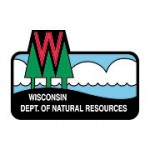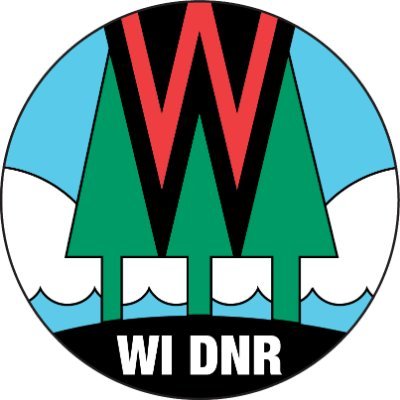Final Year Of West Nile Virus Monitoring To Conclude This Fall
MADISON, Wis. – In collaboration with the Minnesota and Michigan Departments of Natural Resources, the Ruffed Grouse Society and Wisconsin Conservation Congress, the Wisconsin Department of Natural resources will conduct the third and final year of sampling in a multi-year monitoring program this fall looking at West Nile virus (WNV) in ruffed grouse.
The DNR is asking ruffed grouse hunters for their participation in this monitoring effort. Similar to past disease monitoring efforts, the DNR is asking that hunters submit samples from their harvested ruffed grouse using self-sampling kits. This effort will focus on the core ruffed grouse range in the central and northern forests.
The COVID-19 pandemic has prevented staff from being able to safely assemble and distribute new kits, however there is still an opportunity to sample in 2020 using leftover kits already in the hands of hunters. The DNR assembled 500 kits each in 2018 and 2019 for distribution to hunters. After receiving and processing samples for both years there are still over 500 kits that were distributed to hunters that have not yet been submitted.
The WNV sampling kits contain detailed instructions and all the supplies needed to collect and ship one sample. Detailed instructions for sampling can also be found on our ruffed grouse page under the “disease sampling” tab. Hunters will be asked to collect a small amount of blood, a few feathers, and the heart from their harvested grouse.
Hunters will be provided test results via email. Be aware that testing of samples will not begin until after the grouse season has closed and final results will not be available for several months after the close of the season. The DNR is still awaiting results from 2019 samples; a delay in testing due to COVID-19 leaves an uncertain timeline for when final results will be available.
The DNR is counting on passionate grouse hunters of the state to help collect this important data and appreciates any samples hunters are willing to contribute. This project would have never been possible without hunter support for conservation of this important species.
WNV is transmitted by the bite of an infected mosquito and there is no evidence that WNV can be spread by handling dead birds or by consuming properly cooked game. It is one of several bird diseases afflicting native bird species.
NOTE: This press release was submitted to Urban Milwaukee and was not written by an Urban Milwaukee writer. While it is believed to be reliable, Urban Milwaukee does not guarantee its accuracy or completeness.





















